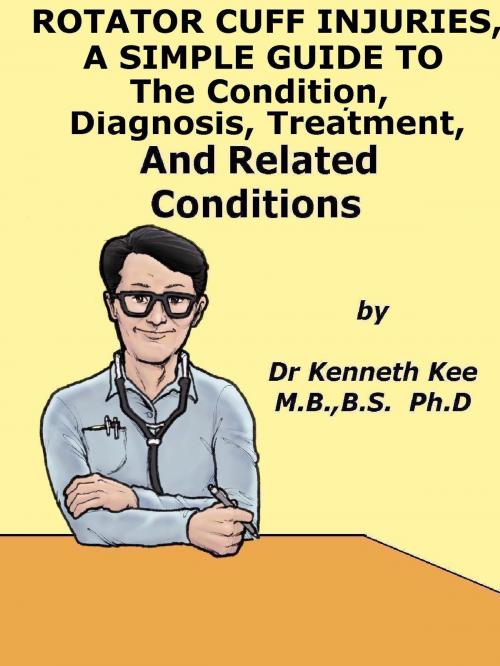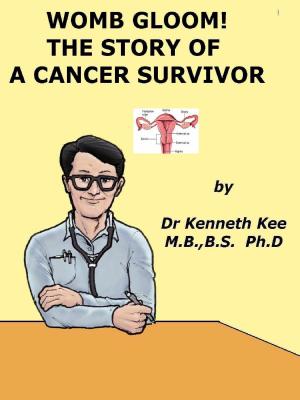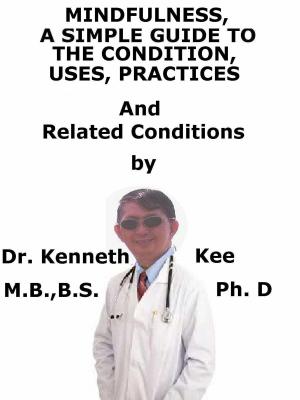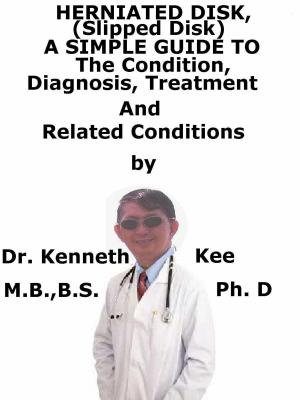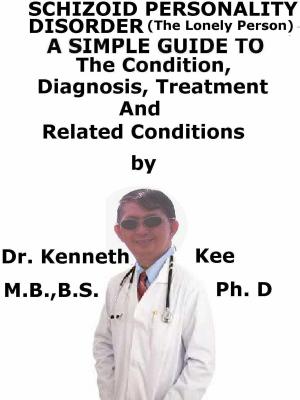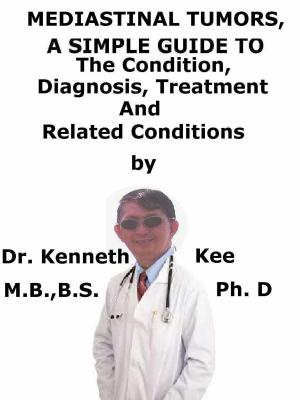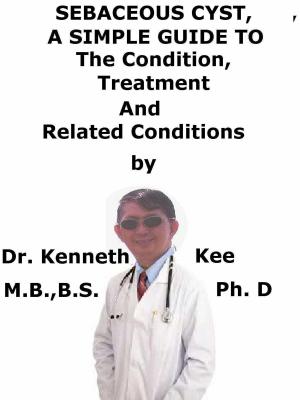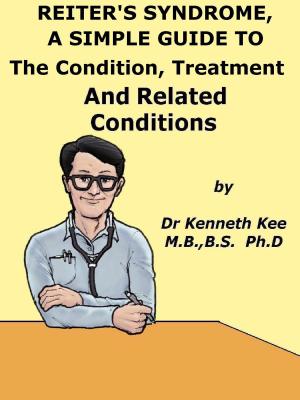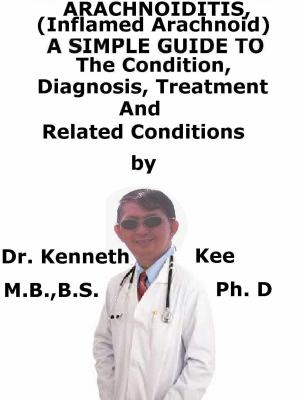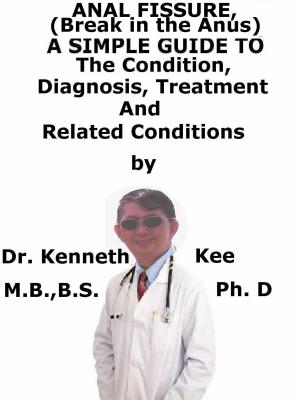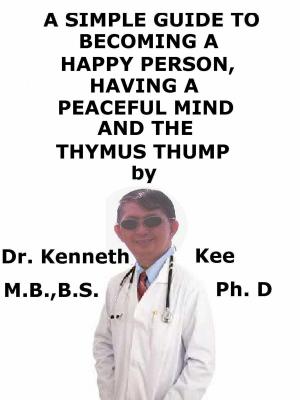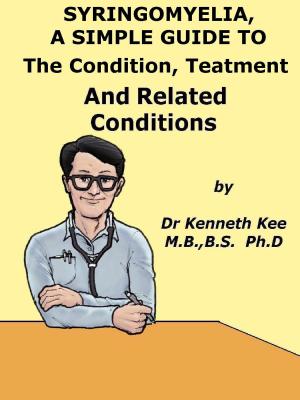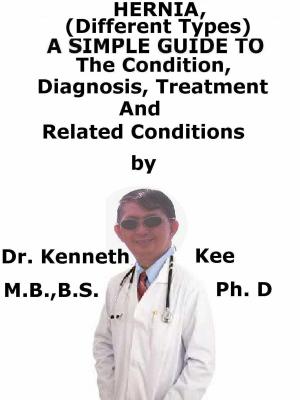Rotator Cuff Injuries, A Simple Guide To The Condition, Diagnosis, Treatment And Related Conditions
Nonfiction, Health & Well Being, Health, Ailments & Diseases, Musculoskeletal, Medical, Specialties, Orthopedics| Author: | Kenneth Kee | ISBN: | 9781370780082 |
| Publisher: | Kenneth Kee | Publication: | September 17, 2016 |
| Imprint: | Smashwords Edition | Language: | English |
| Author: | Kenneth Kee |
| ISBN: | 9781370780082 |
| Publisher: | Kenneth Kee |
| Publication: | September 17, 2016 |
| Imprint: | Smashwords Edition |
| Language: | English |
Rotator Cuff Tears
Last few months I had several cases of rotator muscles tears and frozen shoulder.
One was a middle aged man playing golf.
He had a rotator cuff tear.
The pain was relieved by direct injection of steroids.
However the injury as I did inform him will take some time to disappear especially if he continued playing his golf.
Another injury was another old lady who was trying to help her pregnant daughter take out her wheelchair when she felt a tear in the right shoulder area.
She was unable to lift her arm or use her arm to wear her clothes after the injury for a few weeks.
I also gave her a steroid injection to relieve the pain and inflammation.
It was an obvious rotator cuff tear and would take some time to recover.
She was given pain killer and cream for temporary relief.
She is now able to lift her arm up 180 degrees but cannot sustained prolonged use of her shoulder.
Another elderly patient had her rotator cuff tears surgically repaired and is practically back to normal.
Just last Saturday 2nd May 2015 Manny Pacquiao had his fight of the century with Mayweather and is now in trouble because he did not inform the boxing porters and regulators that he had a tear of the rotator cuff muscle before the match.
So rotator cuff muscles injuries are quite common especially in older men, women and sports people.
Without proper treatment there will be a prolonged period of healing but eventually the muscles will be healed with or without treatment.
It is unlikely that the muscles will not be unhealed unless it is torn again and again.
Nowadays key holes surgeries and new methods of treatment can improve recovery from a rotator cuff injury quickly.
Rotator Cuff Tears is a frequent medical disorder of the shoulder which is produced by the injury and damage to the rotator cuff muscles or tendon resulting in pain and restriction of movement.
The rotator cuff muscles are made up of 4 muscles that are utilized to strengthen the shoulder and help to move the shoulder.
Causes:
1. Repetitive movements of the shoulder-
Swimmers, rowers and tennis players who use repetitive movements are at higher risk of rotator cuff injuries.
2. Heavy lifting or pulling
Lifting and pulling an object that is too heavy or lifting in the wrong way can cause a strain or tear to the rotator cuff muscle or tendon.
3. Normal wear and tear
With age the blood supply to the tendons of the rotator cuff muscles is reduced resulting in degeneration of the cuff muscles and tendons.
4. Trauma
Injury can occur to the rotator muscles when there is a fall or direct knock to the shoulder muscles which may cause a tear in the muscles producing in tightening of the injured muscles around the shoulder joint.
5. Poor posture.
Slouching forward of the head and neck cause the rotator muscles to be strained leading to inflammation and tears.
Symptoms:
1. Pain in the shoulder when lifting the arm
2. Pain can occur when trying to comb the hair
3. Certain movements make the pain worse
Signs:
1. Apprehensive patient who holds the arm protectively
2. Generalized tenderness of rotator cuff
3. Limited shoulder movement
Conservative treatment:
1. Rest of the shoulder
2. Pain killers such as NSAID (non-steroidal anti-inflammatory drugs) for pain
3. Muscle relaxant to relax muscles
4. Injection of local anesthetic and long acting steroid into the rotator cuff muscle may help to relieve pain.
5. Physiotherapy such as shortwave diathermy and muscle traction can help to improve shoulder strength and increase muscle flexibility
Surgery is usually indicated in Rotator Cuff Tears if the condition does improve with conservative treatment.
A keyhole or arthroscopic repair is done to remove the torn edges of the cuff muscles and re-attach them to the bone using absorbable or metal anchors.
Rotator Cuff Tears
Last few months I had several cases of rotator muscles tears and frozen shoulder.
One was a middle aged man playing golf.
He had a rotator cuff tear.
The pain was relieved by direct injection of steroids.
However the injury as I did inform him will take some time to disappear especially if he continued playing his golf.
Another injury was another old lady who was trying to help her pregnant daughter take out her wheelchair when she felt a tear in the right shoulder area.
She was unable to lift her arm or use her arm to wear her clothes after the injury for a few weeks.
I also gave her a steroid injection to relieve the pain and inflammation.
It was an obvious rotator cuff tear and would take some time to recover.
She was given pain killer and cream for temporary relief.
She is now able to lift her arm up 180 degrees but cannot sustained prolonged use of her shoulder.
Another elderly patient had her rotator cuff tears surgically repaired and is practically back to normal.
Just last Saturday 2nd May 2015 Manny Pacquiao had his fight of the century with Mayweather and is now in trouble because he did not inform the boxing porters and regulators that he had a tear of the rotator cuff muscle before the match.
So rotator cuff muscles injuries are quite common especially in older men, women and sports people.
Without proper treatment there will be a prolonged period of healing but eventually the muscles will be healed with or without treatment.
It is unlikely that the muscles will not be unhealed unless it is torn again and again.
Nowadays key holes surgeries and new methods of treatment can improve recovery from a rotator cuff injury quickly.
Rotator Cuff Tears is a frequent medical disorder of the shoulder which is produced by the injury and damage to the rotator cuff muscles or tendon resulting in pain and restriction of movement.
The rotator cuff muscles are made up of 4 muscles that are utilized to strengthen the shoulder and help to move the shoulder.
Causes:
1. Repetitive movements of the shoulder-
Swimmers, rowers and tennis players who use repetitive movements are at higher risk of rotator cuff injuries.
2. Heavy lifting or pulling
Lifting and pulling an object that is too heavy or lifting in the wrong way can cause a strain or tear to the rotator cuff muscle or tendon.
3. Normal wear and tear
With age the blood supply to the tendons of the rotator cuff muscles is reduced resulting in degeneration of the cuff muscles and tendons.
4. Trauma
Injury can occur to the rotator muscles when there is a fall or direct knock to the shoulder muscles which may cause a tear in the muscles producing in tightening of the injured muscles around the shoulder joint.
5. Poor posture.
Slouching forward of the head and neck cause the rotator muscles to be strained leading to inflammation and tears.
Symptoms:
1. Pain in the shoulder when lifting the arm
2. Pain can occur when trying to comb the hair
3. Certain movements make the pain worse
Signs:
1. Apprehensive patient who holds the arm protectively
2. Generalized tenderness of rotator cuff
3. Limited shoulder movement
Conservative treatment:
1. Rest of the shoulder
2. Pain killers such as NSAID (non-steroidal anti-inflammatory drugs) for pain
3. Muscle relaxant to relax muscles
4. Injection of local anesthetic and long acting steroid into the rotator cuff muscle may help to relieve pain.
5. Physiotherapy such as shortwave diathermy and muscle traction can help to improve shoulder strength and increase muscle flexibility
Surgery is usually indicated in Rotator Cuff Tears if the condition does improve with conservative treatment.
A keyhole or arthroscopic repair is done to remove the torn edges of the cuff muscles and re-attach them to the bone using absorbable or metal anchors.
